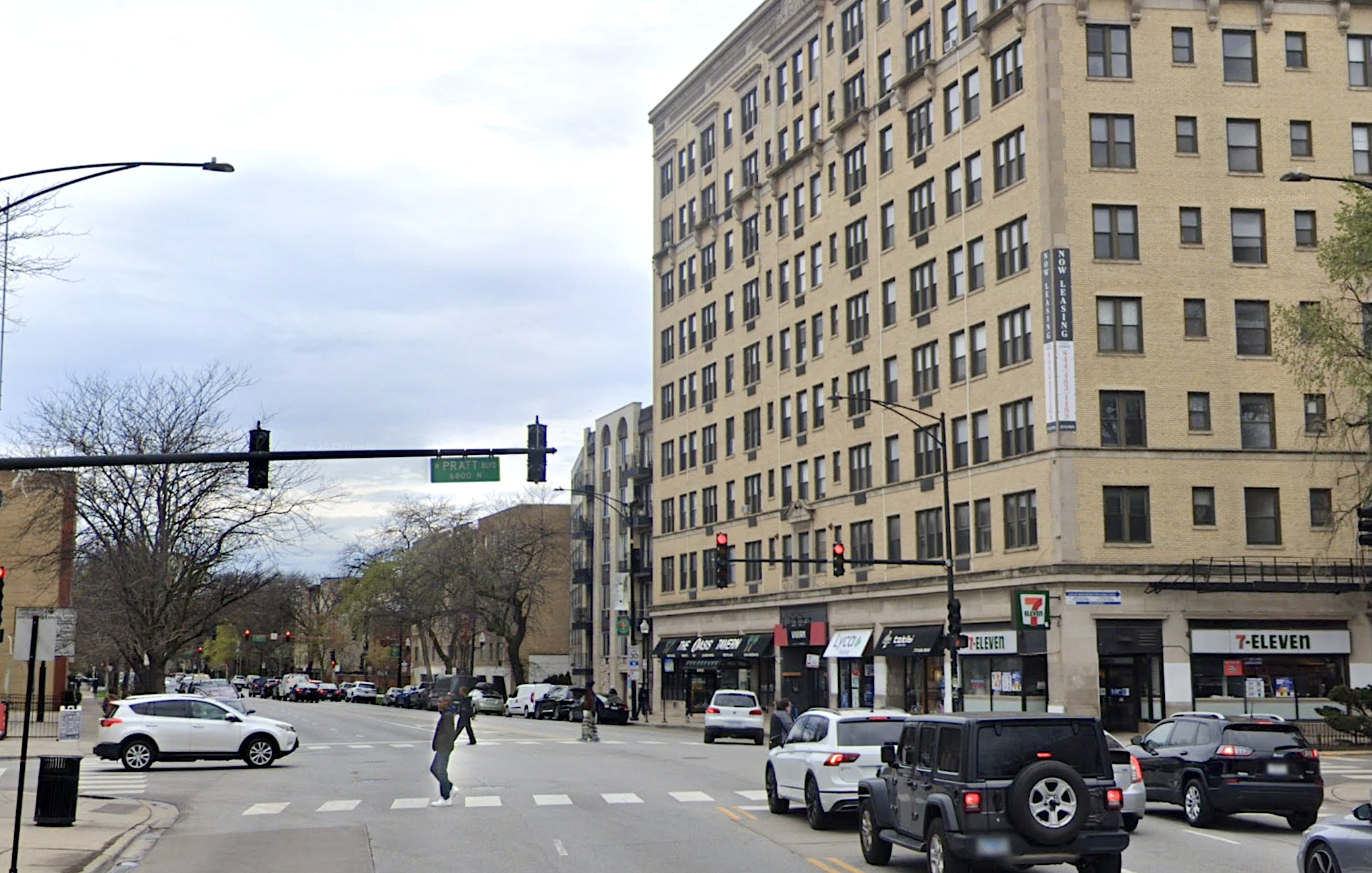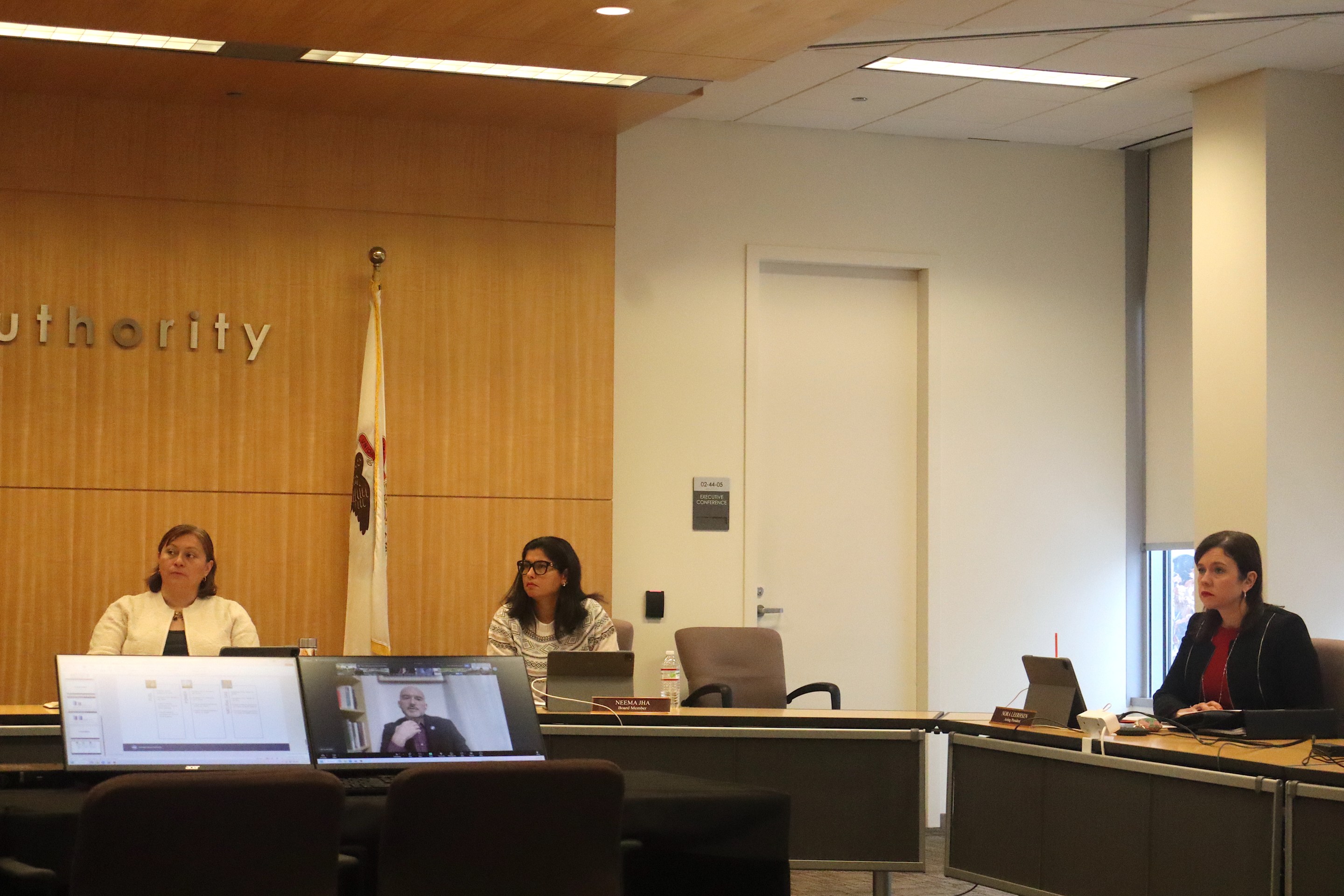
Atlanta's MARTA rail system was launched at about the same time as D.C.'s Metro in the 1970s. But the two systems, and the regions they serve, have followed wildly different paths since then.
Metro continually expanded into surrounding counties, and transit commuting has risen rapidly in the Washington region, standing at more then 15 percent as of 2011. Meanwhile, MARTA serves only the two counties that contain Atlanta, having barely expanded since its opening. Only about 5 percent of regional commuters take the bus or train.
Today on the Streetsblog Network, Darin at ATL Urbanist points us to a column by Sarah Collier at Virginia Policy Review that explains why transit development in Atlanta stumbled and how that might finally be changing:
Having worked for two summers in Atlanta, my most prominent memory was the long commute between the white suburbs north of Atlanta, where jobs are plentiful, to its impoverished black neighborhoods downtown. I would have used public transportation, however the MARTA suspiciously ends right before white suburbia begins.
The influence of racial discrimination on MARTA was highlighted in a Brookings Institute Center study in 2000, which noted that race issues have prevented MARTA’s transit lines from expanding to richer counties. The lack of transportation infrastructure in these counties has prevented minorities in the city from accessing areas with high job growth including Gwinnett, Cobb, and Clayton County. MARTA has not had any transit route development since 2000.
But Collier is encouraged by a new proposal from MARTA:
MARTA’s new plan to expand their transit lines to reach North Fulton County is the first step towards ending racial discrimination in Atlanta’s railway transit system. The transit route will also provide greater access to Cobb, Gwinnett, and Forsyth County, one of Forbes’ 2013 top 10 Fastest Growing Counties in America.
Elsewhere on the Network today: Comeback City reports that Baltimore wants to remove its popular Inner Harbor beach volleyball facilities to build a parking garage. The Dallas Morning News' Transportation Blog raises questions about the propriety of a land acquisition by the debt-ridden Texas Department of Transportation. And the Wash Cycle tries to make sense of "serious people" who continue to complain about the nefarious "bicycle lobby."






